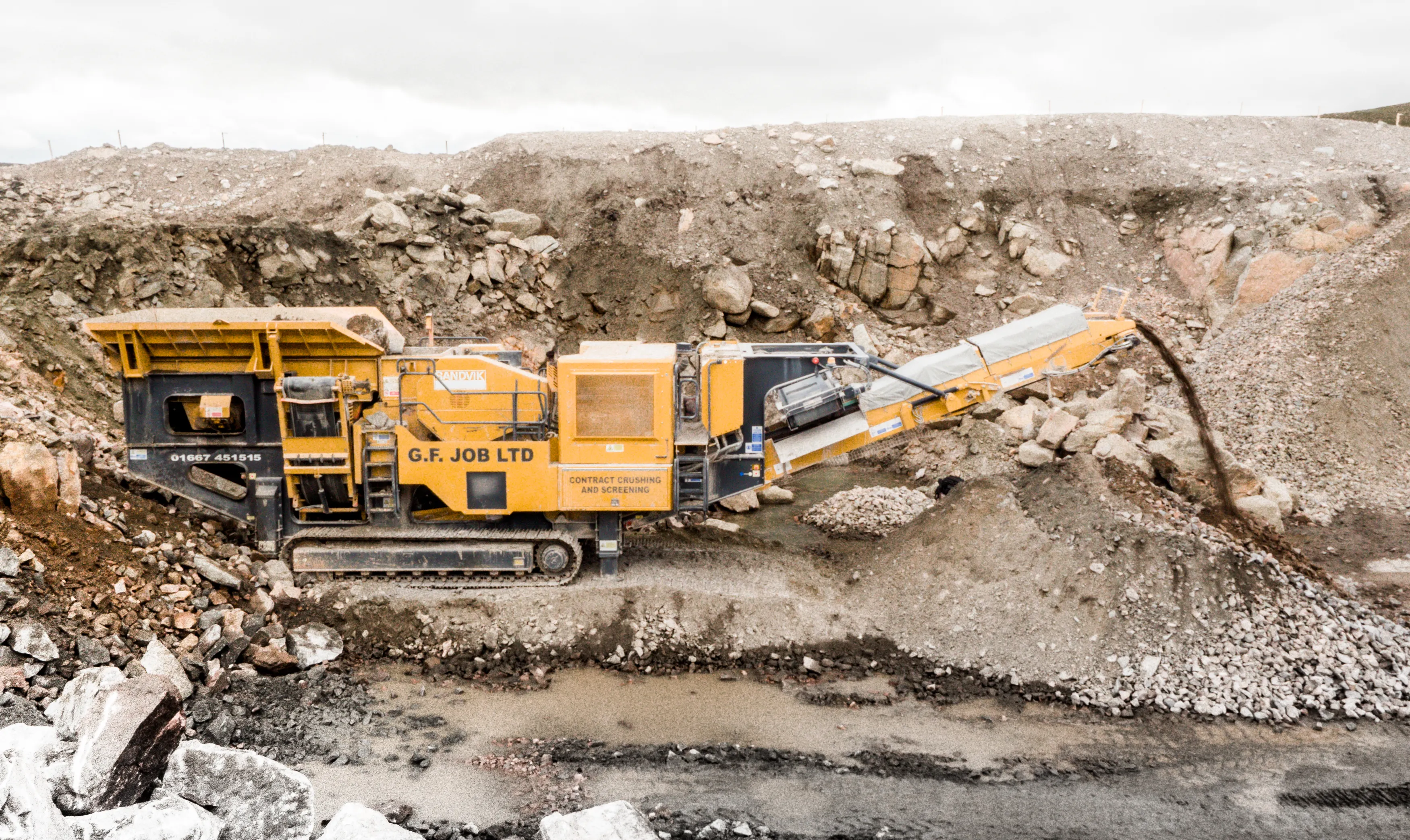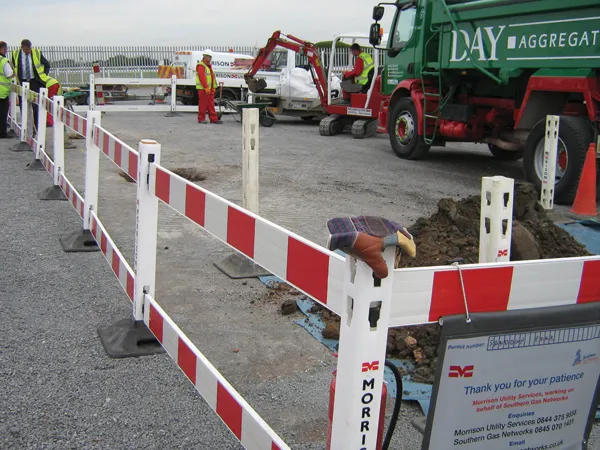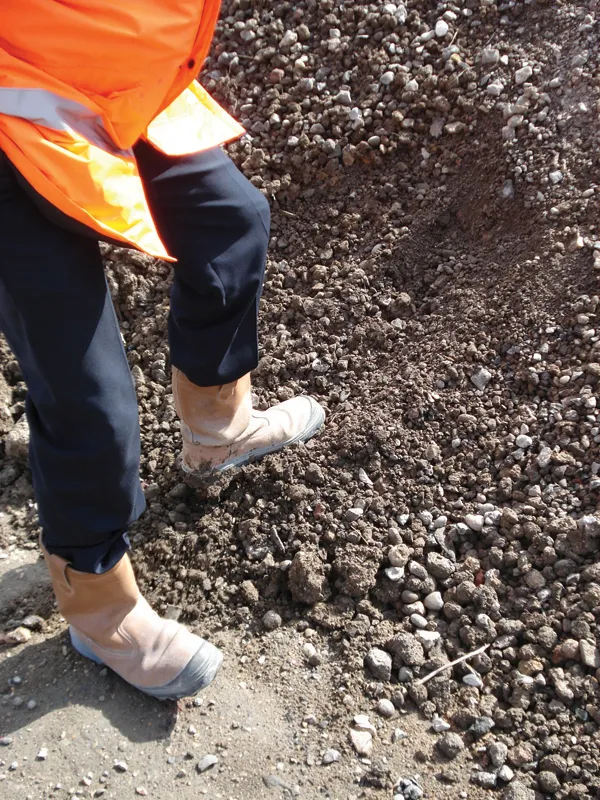
Predominantly, the quarries' material is granite and glacial cobble, which is hard and abrasive. One of the jaw crushers, a Sandvik QJ341, is employed in the same granite quarry for the majority of the year to produce 500,000tonnes of 127mm crushed material, run to feed an aggregate processing plant.
The company is continually testing different jaws for signs of durability. On this application both the heavy-duty 20%-style square tooth jaws and the conventional 14% corrugated jaws have been used and a history of tonnages produced from each jaw has been recorded to give a true account of performance in relation to costs. For this reason they decided to trial the new Superior tooth jaw plates.
Sandvik says that its Superior tooth jaw plates have been designed around adding material where it matters most. The profile allows for a higher percentage of the jaw to be worn which results in longer wear life and less manganese waste. The improved tooth profile also allows for better breakage and improved material flow. This results in a more cubical product and a higher quality product shape.
The GF Job trial showed that average output increased from 200tonnes/hour to 250tonnes/hour while wear rates increased upwards of 30%.
“In this particular granite application previous jaw plates have been ranging between 20,000-30,000tonnes of crushed material and that’s the life of the jaws,” said Graeme Watt, plant manager for GF Job. “With the new jaw we’re up to 50,000-55,000tonnes for the life of the jaw. If you go into a limestone quarry you’ll get double, but this is a hard abrasive material.”
He also said that the new jaw plates are creating a better shape of product, but also crushing far more economically. “It’s reducing the load on the crusher, therefore you’re creating better fuel economy while also reducing the physical hardship on that machine.”









